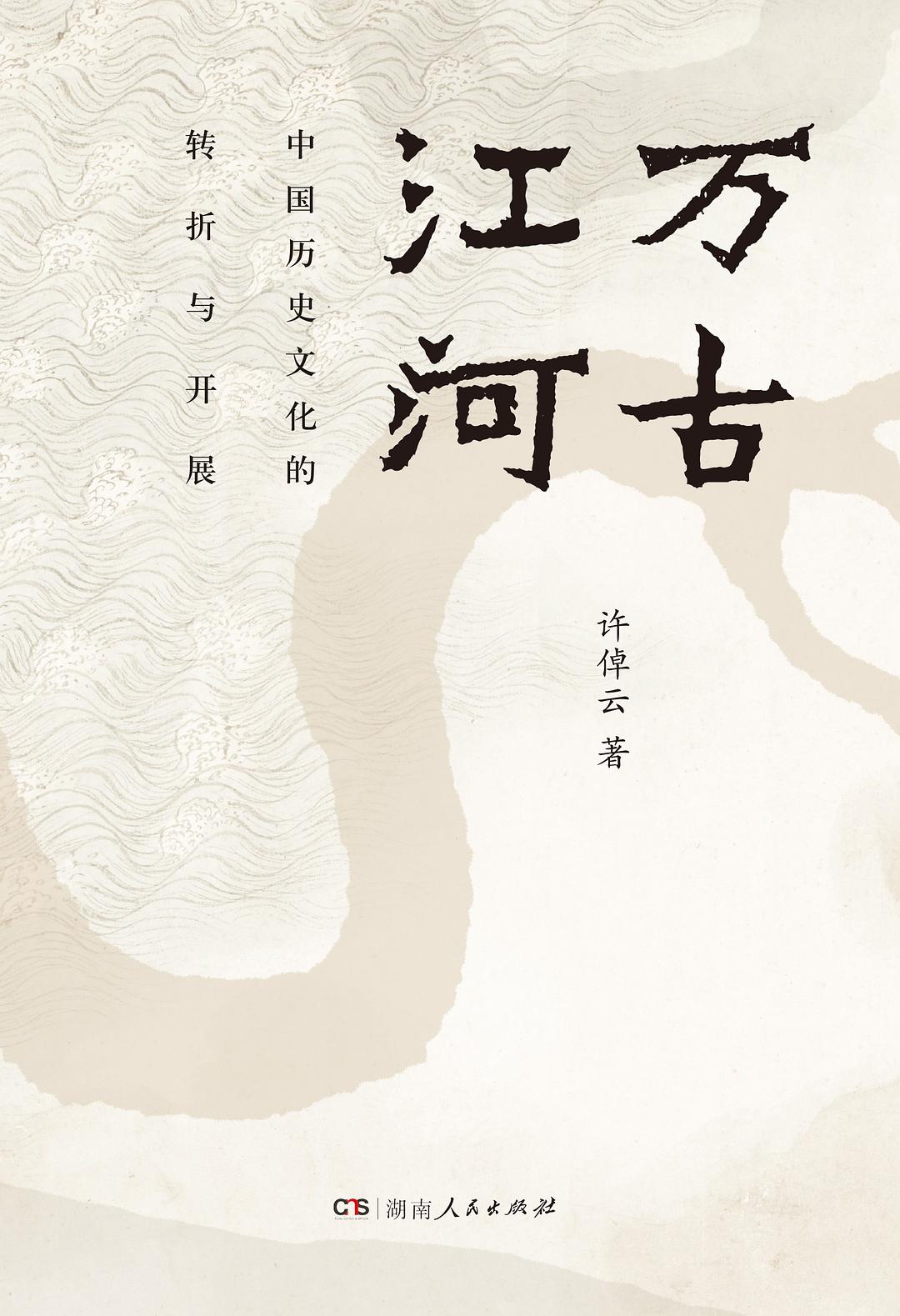WULOLIFE
《万古江河: 中国历史文化的转折与开展》作者: 许倬云 湖南人民出版社
《万古江河: 中国历史文化的转折与开展》作者: 许倬云 湖南人民出版社
Couldn't load pickup availability
Description
内容简介 · · · · · ·
★ 与余英时、黄仁宇、杨联陞、何炳棣、张光直比肩的海外华裔史学大家中国通史力作
★ 第三届“文津图书奖”获奖作品
★余英时、姚大力、葛兆光、王子今、许纪霖、白岩松一致推许
社会诸学科,能将广博的知识加以融会贯通,而纳入一种由深思熟虑得来的分析系统之中,著作宏观与微观交互为用、古今一贯、雅俗共赏。
用许倬云先生自己的话来讲,政权的递换并不一定与中国这个复杂共同体的变化周期或者节律完全一致。这个周期实际上是一个更长的时段,它超越朝代。如果把中国通史按照朝代一个个讲下来,那它内在的经济、文化、社会演变的线索是掐断的。《万古江河》非常好,就在于它是以超越时代的时间幅度来讲中国历史的。
葛兆光: 必须从各种现象的交互作用,观察整体的变化。”大历史要不能下大断语。
王子今:怎样在真实描绘社会运动的洪峰和大潮时,兼及社会生活的微澜和细流呢?怎样通过一个具体社会事件个案的了解,观察总体社会风貌,如同通过分析一支试管中的水样,察知大河的水质呢《万古江河》是在这方面做得比较好的一部论著。要知道江河的位置和流向,也可以使用1:2 5000000 coins理解大势。二者的合理结合,就是《万古江河》的成功。
许纪霖:许倬云先生是中国史研究的大家,他的西周史、春秋战国与汉代的社会史研究独步天下,但影响更大的是他打通中西、纵观古今的通史研究。只有学问到了炉火纯青、阅历通透人情世故、人生看尽江山沧桑的时候,方能够化繁为简,将历史深层的智慧以大白话的方式和盘托出。有学问的专家不谓不多,但有智慧的大家实在。
白们以为自己知道。看了许倬云先生的书,才明白,其实我们基本不太知道,先生行走与写作都不便,穿越了历我们的不知道,正是一种对他致敬的方式。
★ 放宽历史视界看“文化圈”的中国走过的道路
★ 聚焦数千年中国人的生活起居、心灵关怀和信仰世界
★ 探索丰富多样的中国区域文化交织融合
★ 比较世界舞台上的中国与其他文明
【内容简介】
文明存在与变化的剧烈大潮之中,中国如何自处,如何看待自身的历史与文化?中国从何处来,中国文化从何处来,又要向何处去?
这本《万古江河》即心怀中国文化的著名史家许倬云先生交出为中国文化的成长随着历史的进展,中国文化的内容与中国文化占有的空间不断发生变化:从考古发现所见的中国文化的发端,到“中原”的出现,中原变成了中国,“中原的中国”慢慢扩张变成“中国的中国”,然后超越中国之外,慢慢将四邻吸东亚的中国”,然后在亚洲范围之内扮演一个重要的角色「的中国”,再经过百多年颠簸与蹒跚进入世界,成为“世界的中国”。在对这各个超越王朝、政权的长时段文化圈的叙述中,生长在中国这片土地上的人才是真正的主角,所以许先生围绕国家体制与时代特色,思想、宗教与文化变迁,农业、手工业与经济网络,民族、文化的融合与互动,中国人的日常生活,生活方式与生活资源,民间社会与信仰世界,文化、科文明的比较互动等一系列主题展人多彩鲜活的成长故事。
更可注意者,每一个阶段,中国都要面对别的族群及其缔造的文化,经过不断的接触与交流,或迎或拒,终于改变了“自己”,也改变了邻居族群的文化,甚至“自己”还与“别人”融合为一个新的“自己”。
作者简介 · · · · · ·
【作者介绍】
许倬云,1930年生于江苏无锡,1962年获美国芝加哥大学博士学位,先后执教于台湾大学、美国匹兹堡大学,其间多次受聘为香港中文大1986年荣任美国人文学社荣誉会士。学贯中西的史学耆宿、文化史、社会史,熟悉西方历史及其理论与思想,擅长利用不同学科的视角和方法来研究历史,尤其是考察中国的历史与文化;不囿于书斋,时时代表著作有《西周史》《汉代农业》《中国古代社会史论》《万古江河》《我者与他者》《说中国》等。
【作者自述】
我写这本书就是要给大家一个可读的东西,再去记录朝代、皇帝、祖国的光荣,我要摆开看,老百姓过日子怎么样,老百姓怎么想。我的书里没有一个英雄人物。我希望把引导读者进入一个包含中国,却超越中国的新的人类社会。
我讲文化的扩大,不讲武力。——我向来不喜欢讲武功,因为我从小在战争中长大,战争是非常残酷的事情,所以我最反对歌战争中的英雄、歌颂鲜血。我不讲武功,不讲汉帝唐宗、成吉思汗,不讲开疆辟土,只讲文化圈的扩文化圈的扩大过程中,我们有“给”,我们也有“拿”。我们给过很多四邻中国文化,我们也从四邻的文化中吸收接纳。
走过了数千年的历程,中国文化经过了无数的起起伏伏,这一文化圈的中国人也体验了无数的悲欢离合。返顾中国文化发展的轨意的是其兼容并蓄的胸怀;为此中国人遭逢外来异质文化时,常常能够吸收其精华,融入自己的文化体系。同时,若一个思想体系趋于独断,以致僵化时,常有内发的修正。
不要再囿于“中华中心论”,尤其是“中原中心论”。这样我们才心胸坦荡,可以组织起一个大的文明团体,而这个文明团体也更需要光明磊落、心胸坦荡地面对那些曾经压迫、欺负我们的文明团体。我们应当承认,别人的方案不一定错,我们的方案不一定对,各有各的好处,也各有各的不足。我们对的地方,为未来全世界所用。你认为非常好的部分,到今天出了毛病了,也要想想要不要丢掉,要不要重新来过。平心静气,大家才可能和谐共处。
